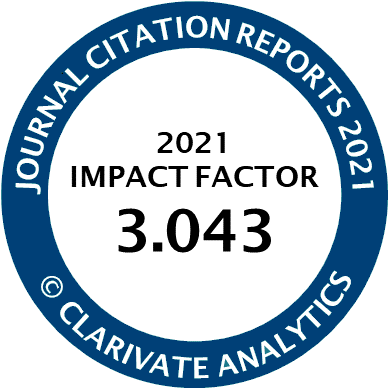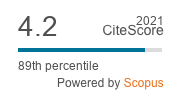Article | Open Access
Storytelling as Media Literacy and Intercultural Dialogue in Post-Colonial Societies
| Views: | 138 | | | Downloads: | 59 |
Abstract: This article reflects upon digital storytelling and collaborative media practices as valuable tools for reassessing memory, questioning identity discourses, and unveiling the cultural diversity of contemporary societies. The digital age allows for a constant re-reading and re-mediation of cultural archives by ordinary citizens, namely by younger generations, and for the production and dissemination of alternative narratives about the present. These are crucial opportunities for post-colonial societies to overcome silences around difficult memories that hinder a collective reappropriation of the past, confront some of the current issues on ethnical diversity, and discrimination and reimagine a more inclusive identity. However, taking advantage of this opportunity implies fully recognizing the role of media technology in shaping memory, social individuation and establishing networks, making media literacy and media education crucial aspects of cultural dialogue. Based on the experience of a citizenship project about the post-colonial condition and Afro-European interculturality, this essay reflects on digital storytelling, and co-creative practices as relevant literacy and education strategies for furthering interculturality in contemporary societies.
Keywords: afro-european dialogue; desktop cinema; media literacy; post-colonial societies; storytelling
Published:
© Maria Teresa Cruz, Madalena Miranda. This is an open access article distributed under the terms of the Creative Commons Attribution 4.0 license (http://creativecommons.org/licenses/by/4.0), which permits any use, distribution, and reproduction of the work without further permission provided the original author(s) and source are credited.



